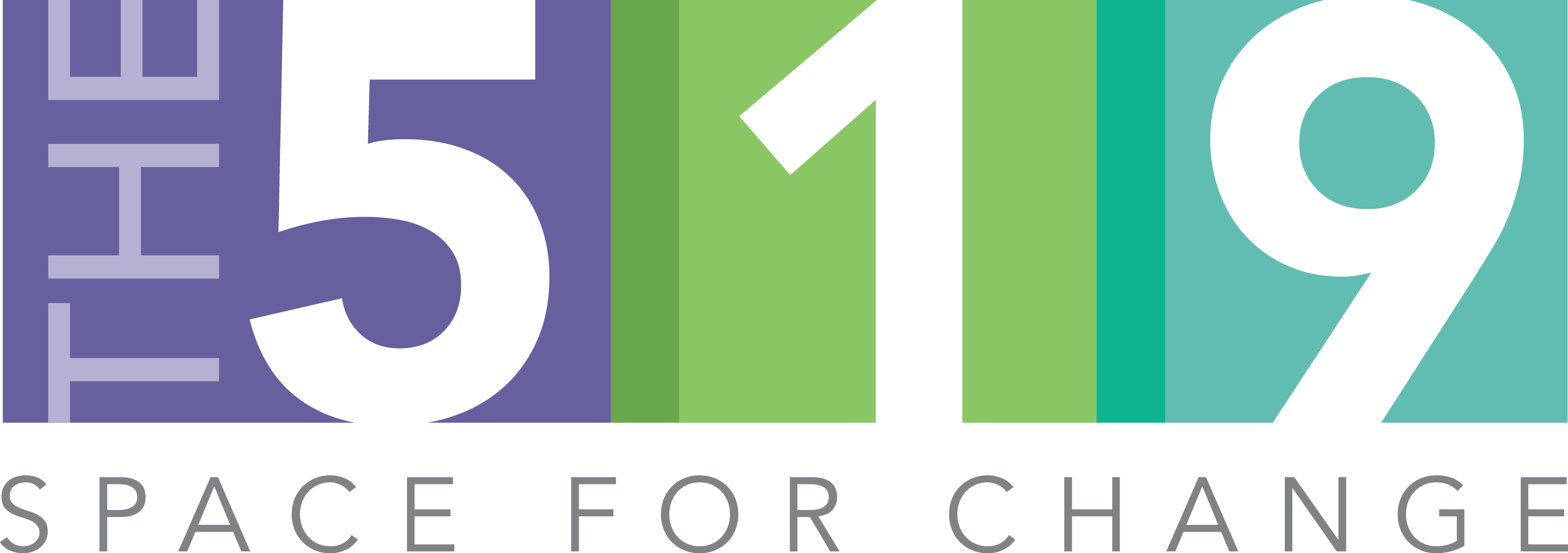POSTED
May 6th 2020News
November 2025
TDoR 2025 Statement/ Déclaration pour la Journée du souvenir trans 2025
September 2025
The 519 Board of Management Candidates 2025
August 2025
Notice of The 519 Annual General Meeting 2025
July 2025
Call for Nominations – The 519 Annual General Meeting 2025
June 2025
Statement Re: Temporary Park Closure for Green Space Festival
[Media Advisory] 2SLGBTQ+ Organizations to Rally for 2SLGBTQ+ Rights at Queen’s Park on June 20
Neighbourhood Information: Green Space Festival 2025
May 2025
The 519 Pride Events Calendar 2025
November 2024
TDoR 2024 Statement: Grieving the Past to Protect our Future
September 2024
Inclusive schools for every student
The 519 Board of Management Candidates 2024/25
August 2024
Notice of The 519 Annual General Meeting 2024
July 2024
Call for Nominations – The 519 Annual General Meeting 2024
June 2024
Green Space Festival 2024: Accessibility
Neighbourhood Information: Green Space Festival 2024
May 2024
CCLA and The 519 – Letters to the PM: Alarming Increase of LGBTQ2S Abuse During Pandemic
The Canadian Civil Liberties Association and The 519 wrote to the Prime Minister, seeking solutions to the alarming increase of LGBTQ2S abuse, particularly in urban communities across Canada.
Download PDF – The 519's Letter to PM
Download PDF – CCLA's Letter to PM

May 6, 2020
Rt. Hon. Justin Trudeau Office of the Prime Minister 80 Wellington Street Ottawa, ON K1A 0A2
Dear Prime Minister,
For 45 years, The 519 has been responding to the critical and emerging needs of LGBTQ2S communities in Toronto by delivering services for the most vulnerable and marginalized, and leading advocacy, anti-violence, and access to justice initiatives. Since the City of Toronto ordered the closure of community centres in Toronto on March 13, The 519 has reimagined our programs and services to continue to meet the needs of the most marginalized in our community through the provision of immediate basic needs assistance, including access to food, clothing, hygiene products, and harm reduction supplies. These supports are available and will continue to be available seven days a week, including holidays, for the duration of this crisis.
Queer and trans communities are, by nature of their very fabric, strong and resilient. We have had to be. We have survived generations of abuse and discrimination, survived with next to no legal protections, survived targeted and violent policing, survived public health indifference, survived religious persecution, survived psychiatric abuses, survived bashing and hate motivated crimes, survived criminalization. Our survival has come with the knowledge of unspeakable loss – lives extinguished as a result of indifference by our governments and state institutions and those who continue to believe that we should not exist.
It should come as no surprise that our community is experiencing a sharp rise in targeted homophobic and transphobic attacks. While laws have changed, the protections they offer are often experienced in our communities theoretically. Our laws are only as strong as those tasked to uphold them – the police and the broader criminal justice system continues to be plagued by discriminatory attitudes and a lack of insight into what it means to be queer or trans in our country, particularly at the intersections of race and class and all of the other ways that we are made marginal.
In our communities, safety comes in numbers. We move in groups and share information with one another, in real time, about where danger lurks. We mobilize quickly to respond to threats and design interventions that recognize the different ways that we live and work and play. Strategies that recognize that the price of visibility is the constant threat of violence and strategies that rely on our ability to come together to keep each other safe.
The current realities of COVID-19 have presented countless challenges to our organization and to queer and trans communities across this country. As a community disproportionately impacted by chronic illness and disease, we are more at risk if we contract this virus and less likely to receive affirming healthcare. As a community disproportionately impacted by hate motivated violence, we are more at risk of being attacked and less able to access crisis supports or safe haven. As a community disproportionately impacted by substance use and depression and at higher risk for suicide, we are more at risk of harm and death as a result of social distancing. As a community that does not reflect the heteronormative assumptions around what constitutes a household, we are at a higher risk of a targeted enforcement of bylaws.
These are not assumptions; they are our realities and they are evidenced in our conversations with our communities every single day. The impact of public health measures, emergency management and enforcement strategies, and the shuttering of organizations and institutions mandated to protect the most vulnerable are not actions that impact our society equally despite government and media narratives that would lead one to believe otherwise.
These are amidst the darkest days that our organization has ever experienced. Of the hundreds of people lining up to access the supports that we are struggling to provide, many are begging us to tell them when this is going to end. Amidst a backdrop of desperation, the daily reports of homophobic and transphobic violence, unrelenting news of suicides and overdoses, and no signs of relief in sight we can’t help but ask the same question.
Queer and trans communities, and all marginalized people, will continue to feel the social and economic impact of this pandemic for years to come. We need resources and strategies now that reflect this reality and that will help us respond in ways that will prevent more loses. We have grown weary of apologies from governments that come too long after we have counted our dead. We want action now.
Sincerely,
Becky McFarlane Senior Director, Programs and Services, The 519

Wednesday, May 6, 2020
Rt. Hon. Justin Trudeau Office of the Prime Minister 80 Wellington Street Ottawa, ON K1A 0A2 Fax: 613-941-6900
Dear Prime Minister,
For people living on or near the streets of urban Canada, the desperation is palpable right now. Food security is threatened, making inner-city homeless drop-ins, soup kitchens and food banks a dystopian sight for those willing to look. Local police in these neighbourhoods know very well this to be true, making the Toronto Police Service release of this week — implying ignorance of increased street violence experienced by vulnerable populations — a shocking breakdown of communication between the front-lines and the brass.
Suicides and overdose fatalities (often indistinguishable) are way, way up, although there is no equivalent to an official census for these communities. For these Canadians, the official gazette is to be found in the often weekly funerals at a drop-in or mission of hundreds, and even then, there are a lot of Jane and John Does at the catch-all city-wide homeless memorials.
The shuttering of homeless respites and social service centres during COVID, for all but the very few, means that those open are oversubscribed, understaffed, and desperate. The housing crisis for them is better known and the subject of our litigation with Toronto and Ontario, along with a brave coalition.
Amid all that, everyone in these street communities are afraid. Because they’re always afraid. Because generalized fear, anger and anxiety is the status quo for anyone on or near the streets, and anyone with a mental illness and/or an addiction, and of course for so many it’s all of the above. But now they’re even more afraid of dying from COVID, of being infected by their “neighbour,” all of whom have compromised immune systems.
Amid all that, there is high anxiety for everyone else — the working poor, blue collar and middle class masses — the public anxiety that every Canadian feels inside a pharmacy or grocery, let alone public transit. That public anxiety often gets taken out on this vulnerable population.
Except that now nobody is allowed on the streets, unless they're going somewhere permissible, pursuant to emergency management orders provincial and municipal. So where do they go? To shelters still overcrowded or not admitting anyone new? To their leaking tent taken down by police or bylaw officers? To the park whose amenities are closed, and where getting a $800 ticket and shooed away is the new normal?
And with whom? Who is the family or neighbour of the homeless person without a family, without a neighbour, whose friends are dead or dying? The answer is that most are simply alone and desperate. Some congregate together, a proxy family of stragglers that prefer to stick together, because within the general public they are seen as a COVID bomb. Now let’s consider those who may be the most vulnerable, who themselves are vilified within their own communities, those residents of Canada who are queer and trans. Among those living on or near the streets, the LGBTQ2S community travels in small groups as much as possible simply to stay safe.
Some won’t believe the foregoing, citing what governments say they are doing. I could show you or introduce someone else to show you the truth. But I’d rather spend more time getting solutions to this desperation, than having to disprove its ignorance. Politicians, bureaucrats and journalists unable or unwilling to hit the streets need to weigh the motives and credibility of our voices with the absence of easy means of verification. Come to one of the few drop-ins remaining open in a major city. Stay there for a while, if you dare. Make a new friend, socially distanced. Listen to their stories. I couldn’t stay long the first few times, years ago, and obviously that wasn’t during COVID. I’m not saying it’s easy for the privileged to walk a kilometer in the shoes of the vulnerable, or for us to fully comprehend this desperation, because we actually don’t want to believe it’s true.
But it gets worse. Homo- and trans- phobia is way up because public anxiety is way up. Epithets are thrown out there at everyone on the streets, all the time. More fear. More anxiety. More desperation. (The same is true for racism). Now here come the police or bylaw officers ordering the dispersal of a small LGBTQ2S ‘family,’ who obviously aren’t a family in law. They’re just together. And here is another $800 ticket for your trouble. Now they’re alone again, more afraid, more anxious, more desperate, more vulnerable.
What’s the solution? Firstly, re-starting Canada’s social net for the most vulnerable should be as important as re-starting the economy, to prevent more overdoses, suicides and violence to desperate people who are dying more than living. Secondly, work within our federalist system to deputize police and bylaw officers to be a major part of the solution, and less part of the problem. Stop criminalizing the homeless for being homeless. Thirdly, start thinking of vulnerable populations as akin to patients in a long-term care home, whom you wouldn’t think of dispersing onto the streets, or ticketing for being ill, or depriving of care. Help.
Sincerely,Michael Bryant Executive Director and General Counsel, CCLA
For media enquiries, contact: Media@The519.org
Press Release – CCLA and The 519, May 7, 2020


